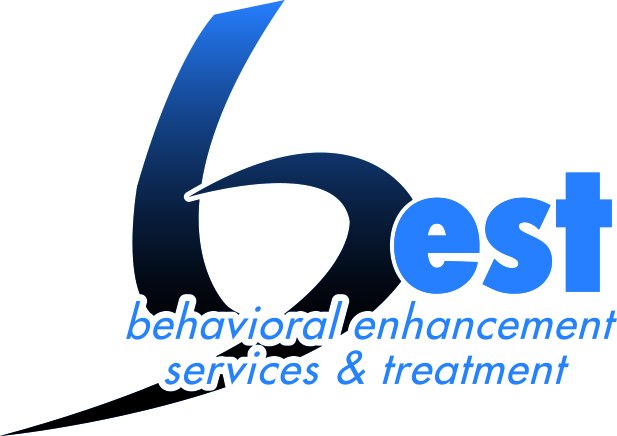A search for the right mental health professional can often turn confusing, especially because the terms “therapy” and “counseling” are often used interchangeably.
Despite both fields focusing on treating mental health issues, some nuances differentiate the two. Understanding these can help you decide which is right for your specific needs.
Key Takeaways:
- Both therapy and counseling offer valuable resources for people seeking mental health support. However, they vary based on the scope and the approach to provision of care.
- Counseling typically focuses on specific issues and is often shorter-term, dealing with immediate problems or decision-making while therapy deals with more complex mental health issues.
- The choice between therapy and counseling depends on the depth and nature of the issues to be addressed.
Table of Contents
Similarities Between Therapy vs. Counseling
Therapy and counseling both involve working with a trained professional to promote mental health, emotional resilience, and overall well-being. They provide an environment where you can talk openly about your feelings and challenges. The end goal of both treatments is to provide you with effective strategies to manage personal issues, improve your mental health, and enhance your quality of life.
What is the Difference Between Counseling and Therapy?
The differences between counseling and therapy come down to their training and approach to the provision of care.
1. Scope and Focus
Counseling typically focuses on specific issues like alcohol addiction and substance abuse often offering short-term and situation-based treatment. Therapy has a broader scope, addressing more complex mental health conditions like bipolar disorder, OCD, and PTSD over a longer duration.
2. Depth of Practice
Therapy can delve deeper into emotional difficulties and work on underlying patterns of behavior that contribute to a person’s problems. Counseling might focus more on providing guidance and problem-solving strategies for specific issues.
3. Professional Training
Therapists may have more specialized training to diagnose and treat complex mental health issues. Counselors often have training that equips them to offer support and strategies for coping with everyday stressors.
Counseling vs. Therapist: Choosing the Right Professional
To decide whether therapy or counseling is right for you, consider the nature and depth of the issues you’re facing. If you’re dealing with significant life stressors, feeling overwhelmed, or need help managing a situation like grief or a career transition, counseling might be sufficient.
However, if you find yourself struggling with deeper, more chronic emotional issues like depression, anxiety, or trauma, therapy might be more suitable. It’s also beneficial to consult a professional like a primary care doctor who can assess your needs and recommend the appropriate approach.
Contact B.E.S.T for Effective & Professional Therapy & Counseling
If you’re facing challenges that need counseling or therapy, B.E.S.T is here for you. Our highly experienced counselors and therapists will help you address your issues and put you on a path to achieving the best level of mental health. Contact us to schedule a consultation.





